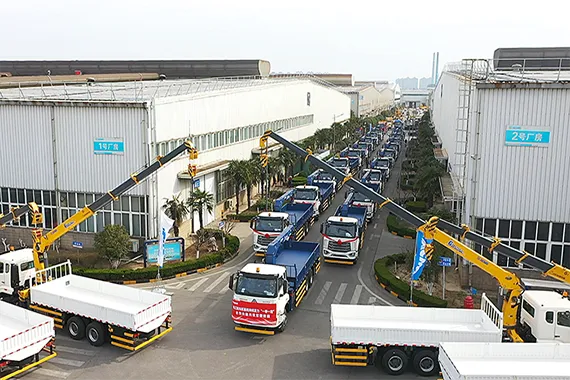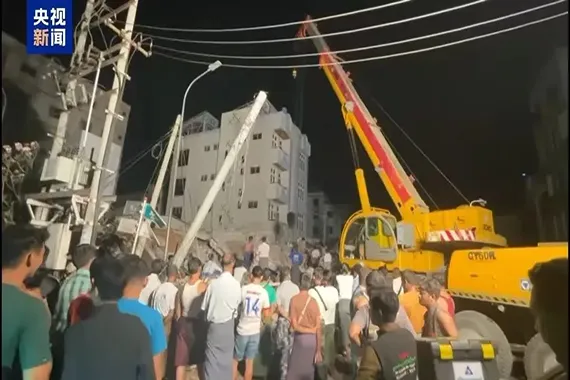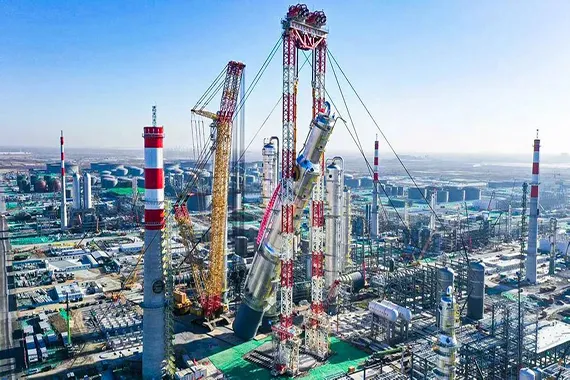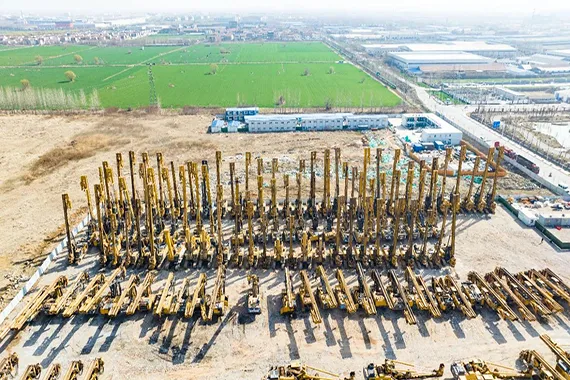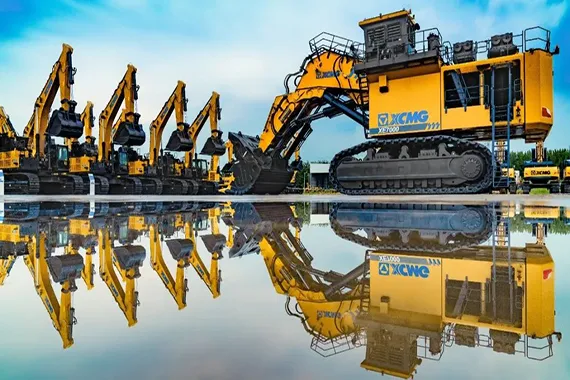How to Find the Best Used Wheel Loader for Sale
Wheel loaders are a common piece of
equipment that can be found on just about every job site. To add a wheel loader
to your fleet to increase your capabilities without breaking the bank, consider
purchasing a used or second-hand machine to help cut costs.
Wheel loaders are used for asphalt, snow,
dirt, and gravel, and are incredibly versatile tools that are valuable to
virtually any job. When purchasing a used wheel loader, it is important to
thoroughly inspect the machine to ensure that it is in good condition and will
last for years to come. Here are some great ways to find the best used
wheel loaders for sale.
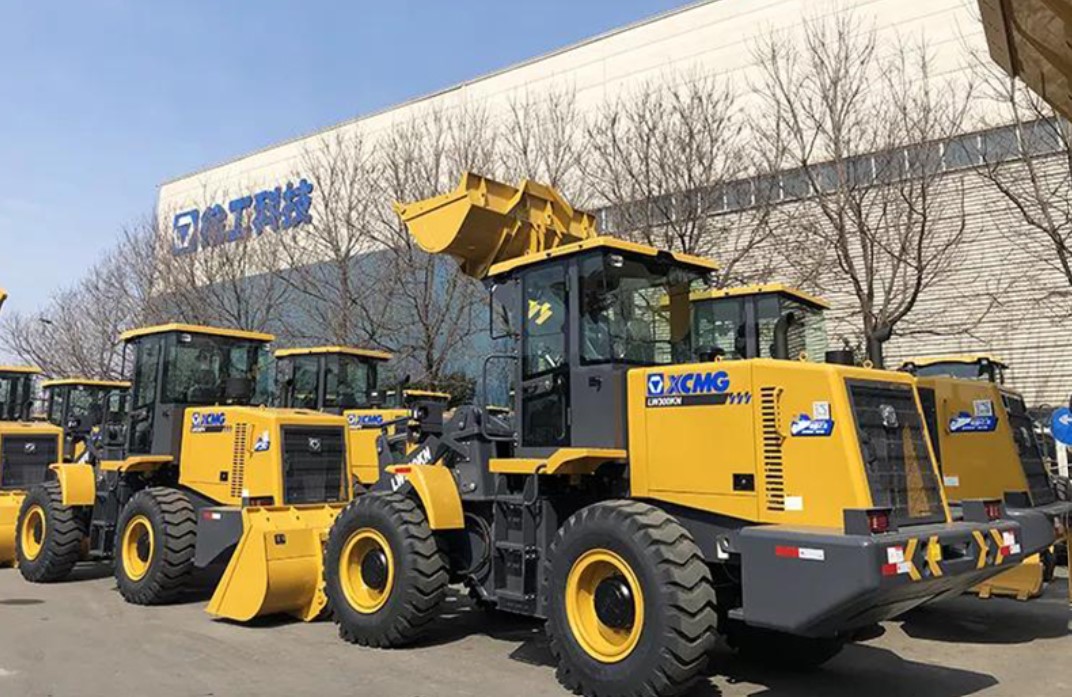
Maintenance & Service Records
Looking into the maintenance & service
records of a used wheel loader will give you some insight as to how the machine
was used and cared for by its previous owner. Speak with the seller to find out
what kind of jobs the machine was used for, the last time it was serviced, the
maintenance schedule, and any significant damage or issues it may have
sustained in the past. Having a thorough understanding of how a used wheel
loader was maintained will help you make informed decisions about whether or
not the machine is worth purchasing.
Engine Compartment
A wheel loader that is in optimal condition
should start up smoothly and easily. If upon starting the machine you hear
strange noises or see any leaks, this can be an indication that there is
significant damage within the mechanical system of the machine. You should do a
routine check of all fluid levels such as the hydraulic oil, engine oil, and
antifreeze, and inspect the belts for signs of excessive wear.
Also keep an eye out for discolored exhaust
smoke, coolant in the oil, or bubbles in the radiator. These are signs that you
could be looking at costly repairs soon, and should most likely walk away and
find another used wheel loader to purchase.
Frame
The frame of a used wheel loader will tell
you a lot about the machine's history and reliability. Since a new frame can be
a very costly repair, it is important to check for misalignments, welds, or
other signs of repairs to the frame. Check for any signs of excessive wear or
damage, and check all of the pins and bushes.
Hydraulics
During your inspection, check the
cylinders, hoses, hydraulic pump, and axle seals for any signs of cracks or
leaks. Take a close look at the O-ring face seal fittings to check for leaks,
and do a pressure check to make sure that the pressure is optimal.
Tires
Check the wheel loader's tires for wear and
damage, making sure that there is sufficient tread, and that all of the tires
are equally pressurized. Be sure to check the rims for dents, cracks, or
damage, and make sure that there are no loose nuts that could pose a serious
safety risk while the wheel loader is being operated.
Brakes
Do a brake check on the used wheel loader,
as these can be a costly replacement. If the machine has outboard discs, check
the discs, pads, calipers, and hydraulic lines. If it has inboard discs, you
can check them when you test drive the wheel loader.
The Cab
The cab can tell you a lot about the
condition of a used wheel loader. Make sure that the access ladder is free of
damage and cracks, and that there is no bending or warping that could pose a
safety risk to the machine's operator.
Make sure all of the lights including the
flashers, blinkers, and safety lights are in working order and take a look at
all of the mirrors to ensure that they are mounted correctly and are not broken
or cracked. While the machine is running, make sure that all of the gauges are
working properly, and test out all of the lights, flashers, buttons, levers,
and buttons to make sure that they are all operating effectively.
Bucket
Check the bucket for any signs of excessive
wear, cracks, or damage, including the bucket points, pins, and brushes. While
repairing the bucket is relatively simple, it can be expensive depending on where
the repairs are needed, such as the teeth, adapter, or cutting edge.
If any areas on the used wheel loader are
damaged or excessively worn, you may be able to negotiate with the seller for a
lower price to account for the repairs or replacements that will be needed
soon.
